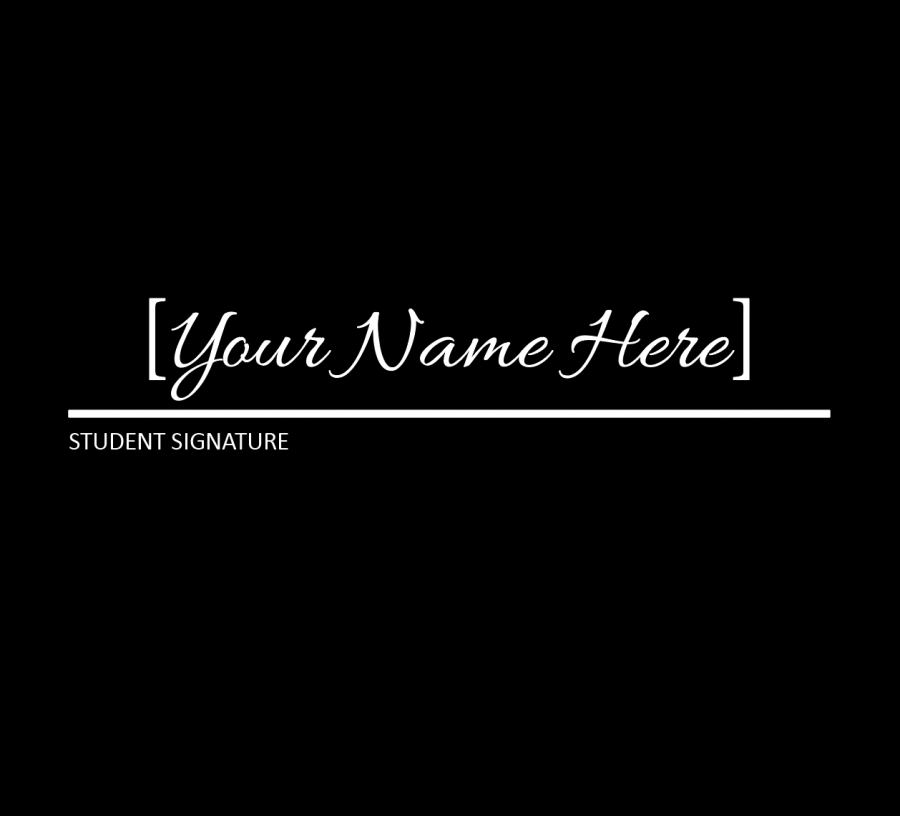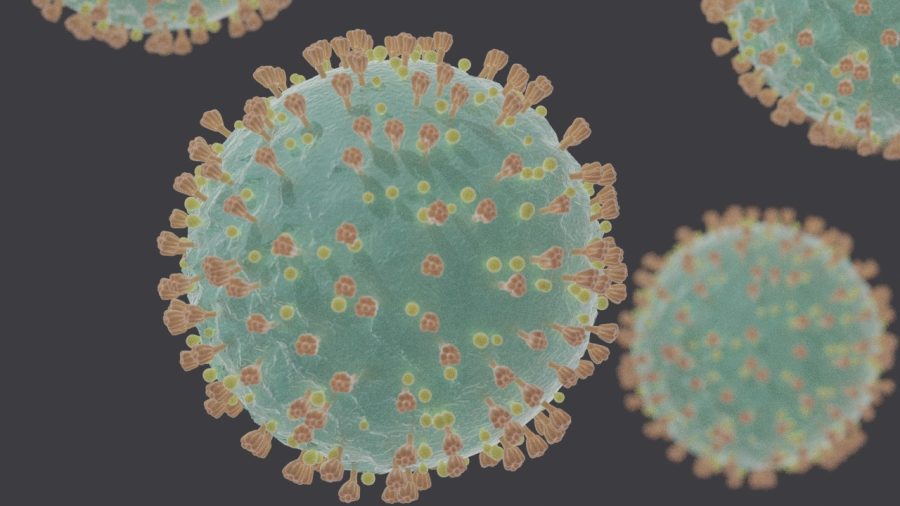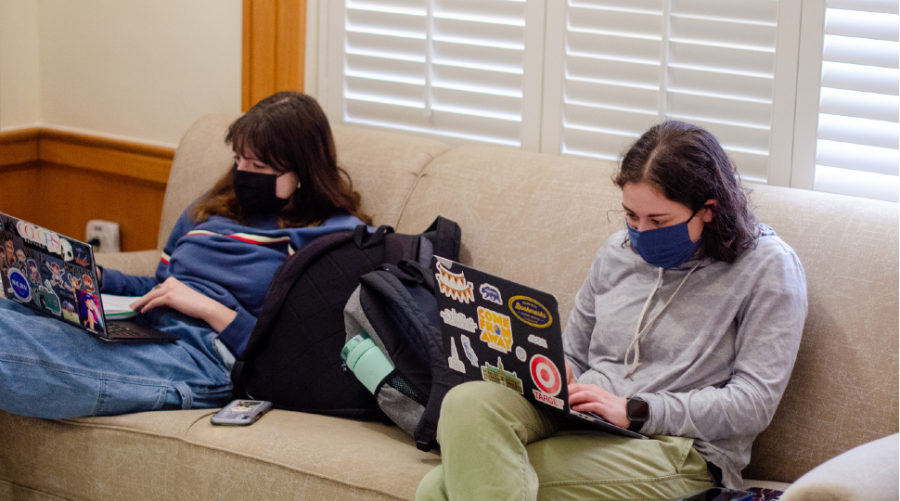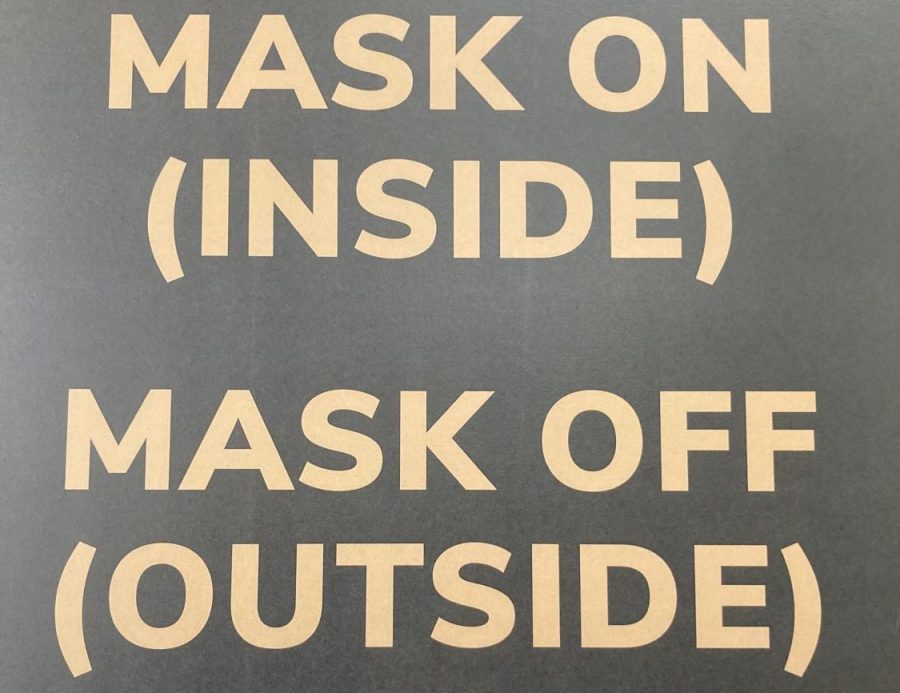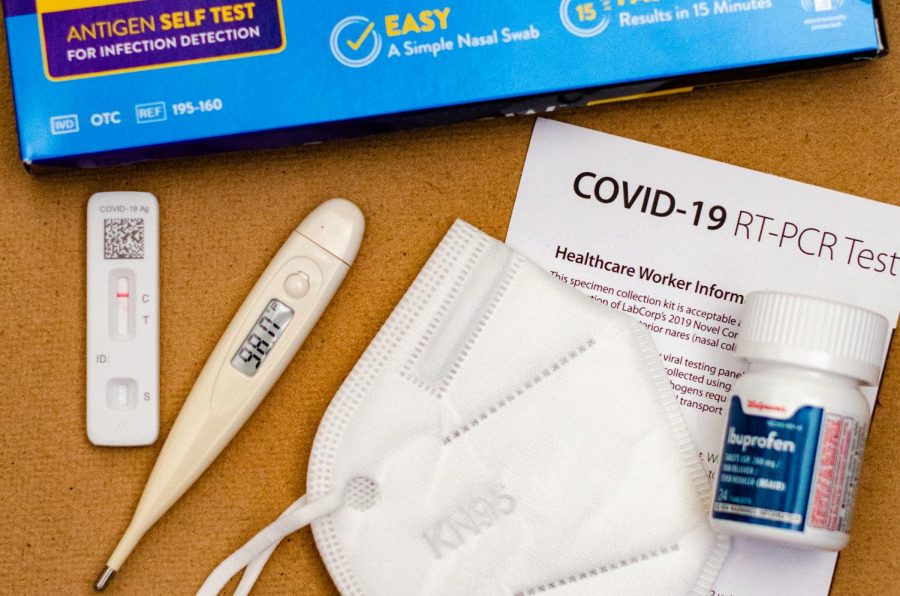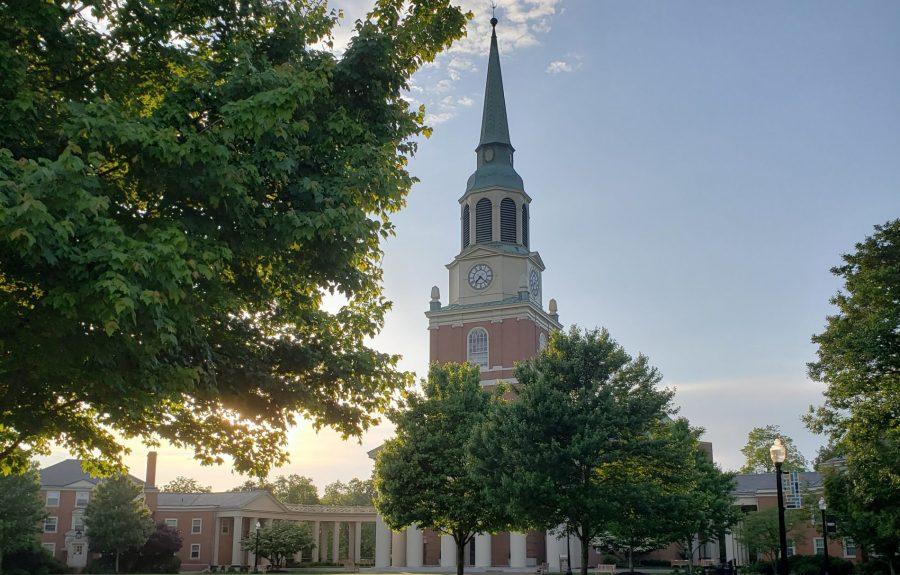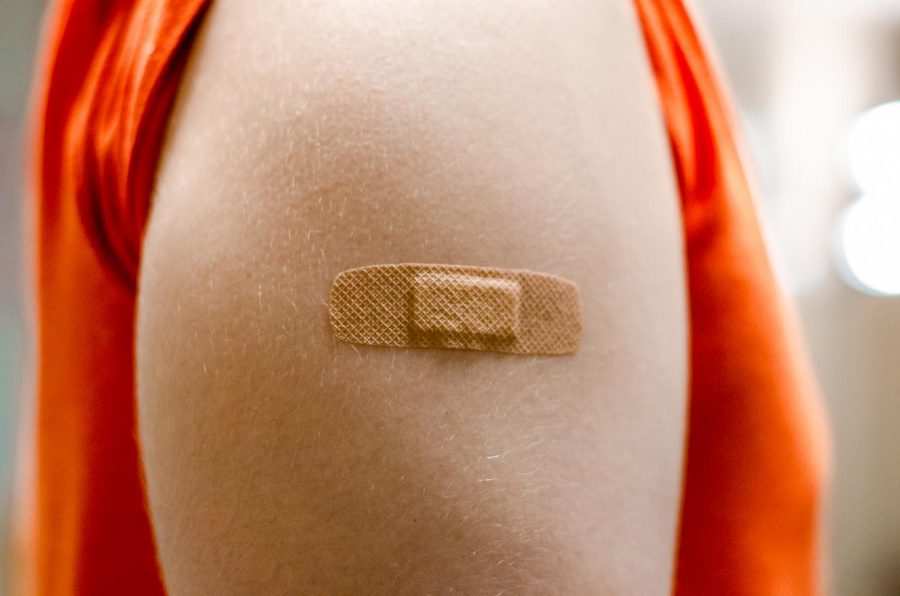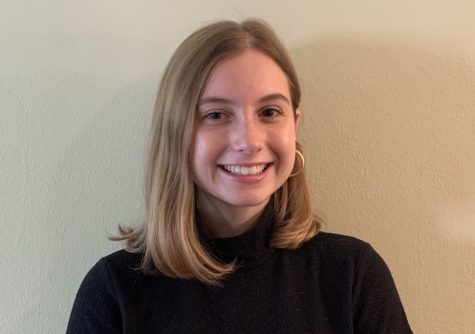Before the semester begins, students will be asked to sign a social compact, which will be made available tomorrow and will dictate campus life in the era of COVID-19. According to a July 3 draft obtained by the Old Gold & Black, the compact will be approximately two pages and feature three goals and eight bullet points of actions to which students will agree. The compact was created by a committee of 17 students, who held focus groups, and was overseen by Dean of Students Adam Goldstein.
The document was spearheaded by seniors Andrew Logan and Rue Cooper, who discussed the process with me in an interview last month. Beyond the health guidelines provided by the state and local governments and university, Cooper explained that the committee had a lot of leeway in crafting the content of the document.
“I would say truly the only set in stone guidelines we had were things that Wake [Forest] had in place or maybe just North Carolina guidelines. Everything else was really up to the student voices in our meetings. So, expectations around how we want people to clean up after themselves if they’re using a room, for example, like wiping down tables, or expectations to be aware that not everyone is going to have an equitable access to space this semester,” Cooper said.
This explanation from Cooper echoes the last bullet point of the agreement, which explains that students should advocate for equal use of campus spaces in order to mitigate isolation and lack of access for students as social distancing requirements remain necessary.
The compact also prompts students to educate themselves on multiple aspects of the coronavirus, spanning four of the points of action, including personal behavior and gaining awareness on how to protect vulnerable communities both on and off campus. These aspects of the compact will be bolstered by an online training module, as announced by President Nathan Hatch in an email to students on August 4.
Not directly addressing health concerns, one of the eight bullet points of action directly prompts students to “commit to anti-racist action” and be diligent in using the Bias Reporting System to create a sense of unity on campus.
“The pandemic is also a racial issue in the country and I think that to have a document about COVID and not address the fact that it does have some ties to racism or at least racial injustice would be disrespectful. [That’s] the way I view it,” Cooper said. “And I also think that part of being on campus this semester is really going to be tuning into discussions larger than ourselves, right? And like I mentioned earlier, this is a very, very important part in American history with the Black Lives Matter movement and everything going on. So, COVID is taking place along with that issue too.”
According to the email from Hatch, the compact will also be complemented by a “public health emergency addendum to the undergraduate Conduct Code.” When asked about how the compact will be enforced, Logan explained that, while he was not informed on the specifics and that the plan was subject to change, the emergency health addendum would probably fluctuate based on the situation in North Carolina and Forsyth County.
“My sense of the picture is that there is a Student Code of Conduct, and then there will be changes to the Student Code of Conduct specific to the coronavirus. Those changes, in terms of our expectations as students, will vary with the state of the coronavirus in Winston-Salem in North Carolina. So if the coronavirus improves … think of it on a sort of sliding scale — if the coronavirus gets easier to navigate, the restrictions on student life get easier. If COVID gets tougher, the restrictions on students get tougher,” Logan said. “And so, one of the elements of the Social Compact, the first element is please follow the Student Code of Conduct, right. Violations of the Student Code of Conduct will then incur disciplinary penalties that, as of now, I believe will not run through the Honor and Ethics Council, which is the honor system, but will instead run through, like you know, the normal conduct process.”
He also emphasized that the conduct process would most likely be focused on larger infractions, and that students would not be penalized or officially cited for forgetting to wear a mask, for instance. Rather, the focus would be on individuals or groups that choose to flout rules and host large gatherings — given that these events would be the most concerning for public health.
The university has not yet disclosed the details of the changes to the code of conduct, so it is unclear as to what the consequences for infractions will be. At Tulane University, the Dean of Students Erica Woodley announced that students who host gatherings with more than 15 people will face suspension or expulsion.
Given that many social events on and off campus are hosted by Greek organizations, I asked Cooper and Logan why the document did not directly address fraternities and sororities in the agreement to not host large social gatherings. Logan noted that although these groups do host events, socializing is not exclusive to Greek life. Notably, there were two leaders from Greek organizations on the committee — IFC President Nate Seegel and Chi Omega President Ally Deak.
“The motivation when writing this document was that we really wanted to take advantage of the fact that all students have a shared experience through the coronavirus. We all have a COVID-19 story,” Logan said. “Ironically, it’s one of the things that could help bring the campus community together because I feel like now, the Wake [Forest] campus in some degree is balkanized by the student organization you’re involved with, but now here we have an opportunity to have a common experience that really brings us all together.”
Within the list of actions, there is also a bullet point emphasizing that mental health services should be readily available and used by students. This point, alongside the first and third goal of protecting the larger Wake Forest and Winston-Salem community and working to support first-year and transfer students, encompasses the student compact’s focus on wellbeing.
The second goal of the student compact is to ensure that the semester can continue uninterrupted, as the possibility of a COVID-19 spike that would send students home looms over the semester. This goal is probably the most important of them all — as all efforts to ensure safety and health on and off campus are working towards the one goal of campus being able to remain open.
“I think accountability is going to be super, super important this semester. And when you have a document like the Student Compact you think ‘Ok, is this going to be the document that gets people to be accountable?’ To go into that process, I had certain expectations that this has to be super thorough or else we risk the chance of people not taking this seriously enough,” Cooper said. “But I think my worries about that have definitely subsided over the last two weeks just because the Student Compact is not the end all of the documents we’ll be leaning on this semester. So I kind of think of it more as laying the grounds to what we need to know on a surface level and then everything else that backs it up, people will be redirected to that as may need fit.”



